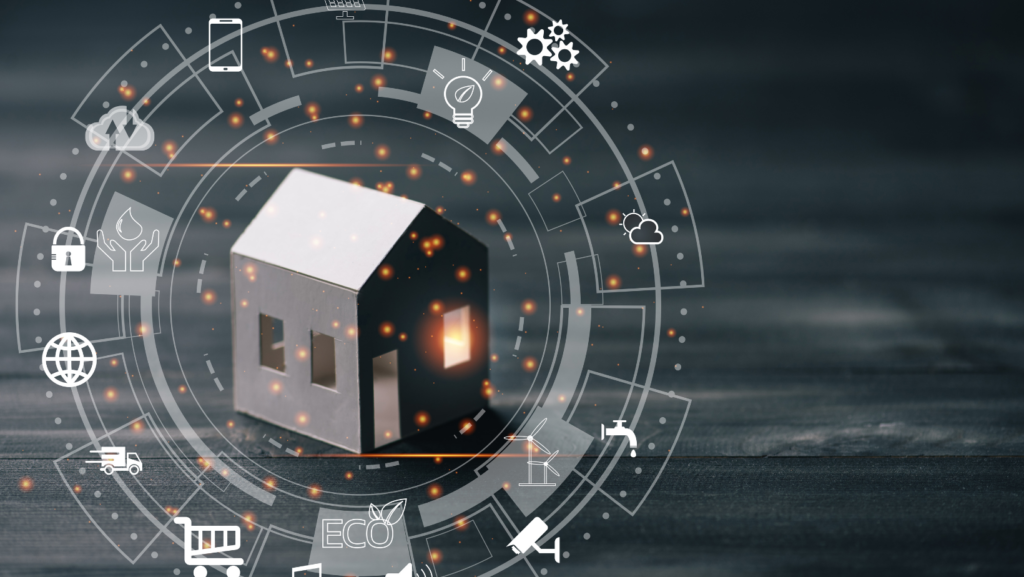
The Rise of Smart Homes
- By Damian Gerry
The rise of smart homes, or homes that are equipped with internet-connected devices and appliances, is one of the most significant trends in the real estate industry today. These homes are designed to make daily life more convenient and efficient, with features such as automated lighting and temperature control, remote access to security cameras, and even voice-controlled assistants like Amazon Alexa or Google Home.
One of the key drivers of the smart home trend is the growing popularity of internet-connected devices. According to a recent study, there will be an estimated 75 billion internet-connected devices in use by 2025, up from just over 14 billion in 2019. This increase in the number of connected devices has led to more consumers becoming familiar with the concept of the smart home and the benefits it can offer.
Another major factor driving the rise of smart homes is the increasing affordability of these systems. As the technology becomes more advanced and more widely available, the cost of smart home devices and systems is also decreasing. This makes it more accessible for homeowners to invest in smart home technology and enjoy the benefits it offers.
Smart homes are also becoming more appealing to potential buyers because they offer a high level of convenience. For example, with a smart thermostat, you can adjust the temperature of your home from your smartphone while you’re away, or voice control your lights, music, and other appliances. These convenient features save time, energy and make everyday life more comfortable.
The smart home trend is also having an impact on the real estate industry, with more and more home builders and developers incorporating smart home technology into new construction projects. This is a great opportunity for the real estate industry to adapt to the changing market and offer something new and innovative to potential buyers.
In conclusion, the rise of smart homes is a trend that is here to stay. With more and more homeowners becoming interested in the convenience and efficiency that smart home technology can offer, it is likely that we will see even more of these homes in the future. As the technology advances, smart homes will become more affordable and more widely available, making it accessible for more people to enjoy the benefits they offer. The real estate industry should adapt to this trend and offer smart homes as a feature to their clients.
Contact us today to start!
Lets’ explore the exciting world of smart homes and their growing influence on the real estate market.
Join us as we answer common questions about the rise of smart homes and how they’re reshaping the way we live.
How are smart homes changing the real estate landscape?
Smart homes are transforming the real estate landscape by incorporating technology that enhances convenience, security, and energy efficiency. Homes equipped with smart features are becoming increasingly sought after in today’s market.
What exactly is a smart home, and how does it differ from a traditional home?
A smart home is equipped with devices and systems that can be controlled remotely through a smartphone or other networked device. Unlike traditional homes, smart homes offer automation, connectivity, and the ability to optimize various functions with the touch of a button.
What are some common smart home features that buyers are looking for?
Buyers are often drawn to smart home features such as smart thermostats, security systems, lighting, door locks, and voice-activated assistants. These features enhance convenience, efficiency, and overall home management.
How do smart home technologies contribute to energy efficiency?
Smart home technologies contribute to energy efficiency by allowing homeowners to monitor and control energy usage. Smart thermostats, for example, enable precise control over heating and cooling, reducing energy waste and costs.
Are there security benefits to having a smart home system?
Absolutely. Smart home security systems provide real-time monitoring, remote access, and notifications for activities such as door/window openings or motion detected. This not only enhances security but also offers peace of mind to homeowners.
How can smart home features increase the resale value of a property?
Homes equipped with smart features often have a higher resale value because they appeal to a broader range of buyers. The added convenience, energy savings, and security benefits make these properties attractive in the competitive real estate market.
Do all smart home devices work seamlessly together?
Compatibility can vary among smart home devices, but many are designed to work together within a common ecosystem. However, it’s crucial to consider compatibility when adding new devices to an existing smart home setup.
Can existing homes be retrofitted with smart home technology?
Yes, existing homes can be retrofitted with smart home technology. Many smart devices are designed for easy installation and integration, allowing homeowners to gradually upgrade their homes to become smarter over time.
How do smart home technologies impact daily life for homeowners?
Smart home technologies impact daily life by providing convenience and automation. From adjusting the thermostat remotely to controlling lighting with voice commands, homeowners enjoy a more streamlined and efficient living experience.
Are there privacy concerns associated with smart home devices?
Privacy is a valid consideration with smart home devices. Homeowners should be mindful of data collection practices and choose reputable brands with strong privacy policies. It’s essential to stay informed and configure settings for optimal privacy.
How can real estate professionals highlight smart home features when listing a property?
Real estate professionals can highlight smart home features by showcasing them in property listings, emphasizing the added convenience, energy savings, and security benefits. Including details about smart home integration can attract tech-savvy buyers.
What role do smart home features play in the vacation rental market?
Smart home features are increasingly popular in the vacation rental market. Owners can remotely manage access, monitor energy usage, and enhance security, providing a seamless and secure experience for both hosts and guests.
Can smart home devices help in the early detection of home maintenance issues?
Yes, smart home devices can contribute to the early detection of maintenance issues. For example, smart water leak detectors can alert homeowners to potential leaks before they escalate into significant problems.
How do smart homes contribute to a more sustainable lifestyle?
Smart homes contribute to sustainability by optimizing energy usage. Smart thermostats, lighting controls, and energy monitoring systems enable homeowners to reduce waste and make environmentally conscious choices.
Do smart home devices require ongoing maintenance?
Smart home devices generally require minimal maintenance. Regular software updates and occasional troubleshooting may be needed, but overall, smart home systems are designed to be user-friendly and low-maintenance.
Can smart home features be customized to suit individual preferences?
Absolutely. Smart home features are highly customizable to suit individual preferences. Homeowners can program automation routines, adjust settings, and personalize the operation of smart devices according to their lifestyle and preferences.
How do smart home technologies impact the insurance industry?
Smart home technologies can positively impact the insurance industry by reducing risks. For instance, smart security systems may lead to lower insurance premiums as they enhance home security and decrease the likelihood of incidents.
Are there financing options available for homeowners looking to make their homes smarter?
Yes, financing options are available for homeowners looking to invest in smart home technologies. Some lenders offer home improvement loans or home equity lines of credit to fund the integration of smart features.
What trends can we expect to see in the future of smart homes?
The future of smart homes holds exciting possibilities, including increased integration of artificial intelligence, enhanced connectivity, and the development of more intuitive and user-friendly smart home ecosystems.

